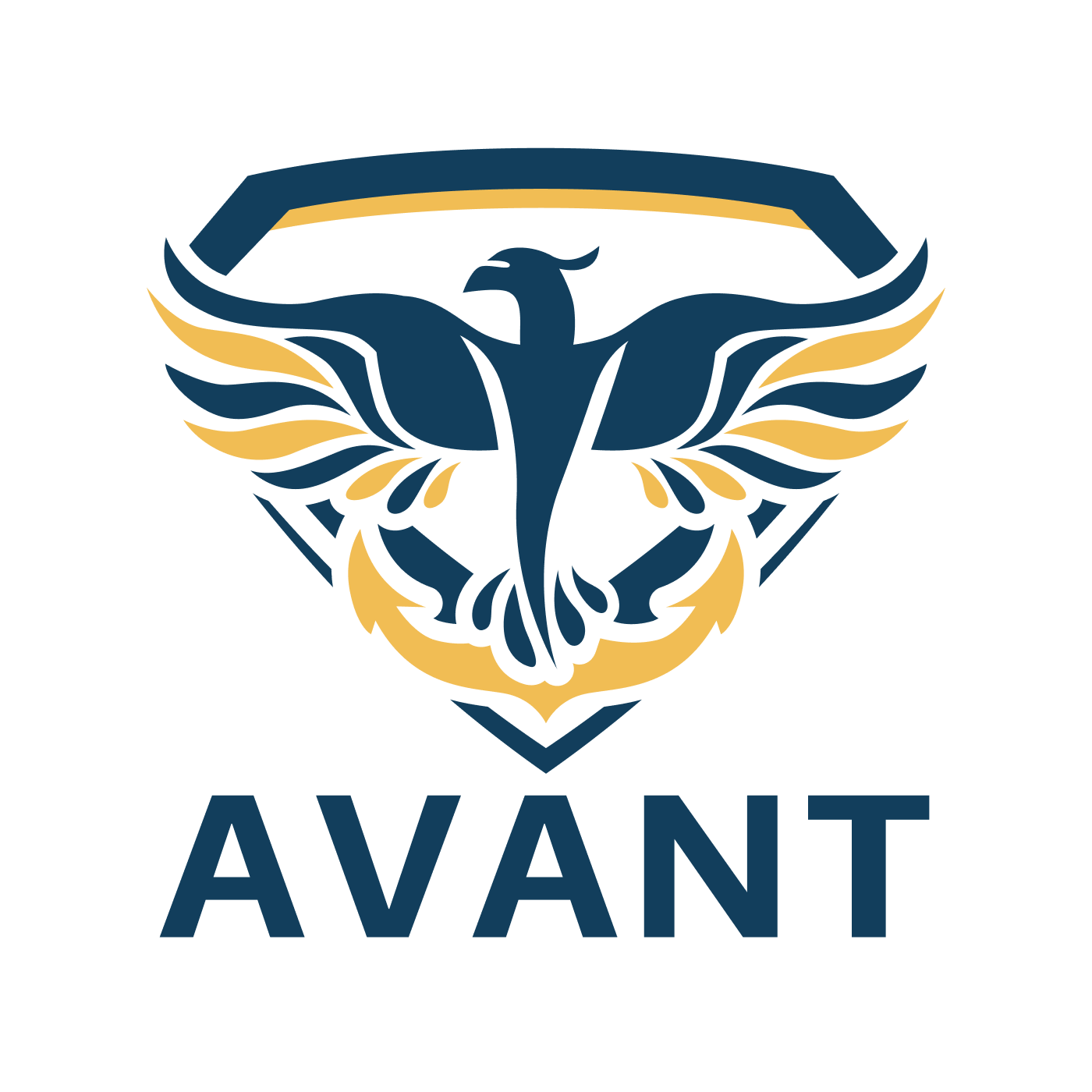The CES-test (or Crew Evaluation System) is an online maritime knowledge assessment tool used to determine the skills, competence and performance of seafarers on board ship. The CES-test is the second most popular test after the Maritime English proficiency test (Marlins test).
CES was first launched by Norwegian experts in 1995. In 2010, CES was improved and brought online by creating a special electronic program. Until 2021, the test was taken selectively by seafarers going on voyages on international vessels.
The CES test is conducted in English, but the questions are entirely maritime-oriented.
In November 2021, Ukraine officially adopted the CES test as the main test (previously there was a choice of taking the ACT or CES). Passing the exam is mandatory for every seafarer when obtaining work documents.
CES-testing is used to assess seafarers’ knowledge in more than 300 foreign shipping companies. The system has gained such popularity due to its unique algorithm of knowledge assessment. The test is designed in such a way that in case of an incorrect answer to a task, the system selects the next questions from the given field, determining the candidate’s weaknesses. It is not possible to calculate the test, as the system counts about 6.5 thousand questions.
The CES platform includes various criteria and parameters against which mariners are assessed. It includes assessment of navigational skills, ship maneuvering, knowledge of safety procedures, compliance with rules and regulations, team spirit, cooperation and other aspects related to their professional work on the ship.
A 70% correct response rate is considered a positive result. But each shipping company has the right to set its own percentage of passing the test. And even define the areas of the test in which wrong answers are not accepted. So, having scored the required number of points, but giving wrong answers to certain questions, another candidate will be hired. The results of the assessment can be used to make decisions about promotion, training, skill development, or to identify areas for improvement.
Upon successful completion of the test, the seafarer receives a CES certificate and a DCC record is pulled up in the electronic office.
CES helps improve crew performance, promotes higher standards of safety and quality of work on a vessel and is an important tool for crew resource management in the maritime industry.
Features of the Crew Evaluation System
The Crew Evaluation System (CES) has several features that make it a unique and important tool in the marine industry:
- Multi-criteria evaluation
CES evaluates seafarers on a variety of criteria related to their performance and professional skills, including navigational skills, vessel maneuvering, knowledge of policies and procedures, safety, team cooperation, and other factors affecting crew performance.
- Objective Evaluation
The CES assessment system helps to eliminate subjectivity and arbitrariness in cutting the knowledge of seafarers.
- Systematicity
CES is a systematized approach to crew assessment. All maritime industry topics are included in the test, and the CES platform’s emphasis goes to the seafarers’ weaknesses.
- Crew resource management
CES allows you to identify seafarers’ strengths and weaknesses, identify areas for improvement, and develop an action plan to improve crew skills and productivity.
- Productivity and Safety
CES assessment aims to improve productivity and safety in maritime activities. It helps to identify problems, prevent possible risks and improve crew performance on the ship.
CES is an important tool for crew management, improving safety standards and quality of work in the maritime industry. It contributes to the development of seafarers’ professionalism and ensures the efficient operation of the ship.
It is possible to obtain the necessary knowledge, training and maritime documents at the seafarers’ training center “AVANT”. Nowadays accelerated programs of training and obtaining documents are available, as well as distance learning for seafarers of different specializations. It is easy to contact us – just fill out the form on the site or call us by phone +38 (048) 701-37-60, mail: [email protected].


